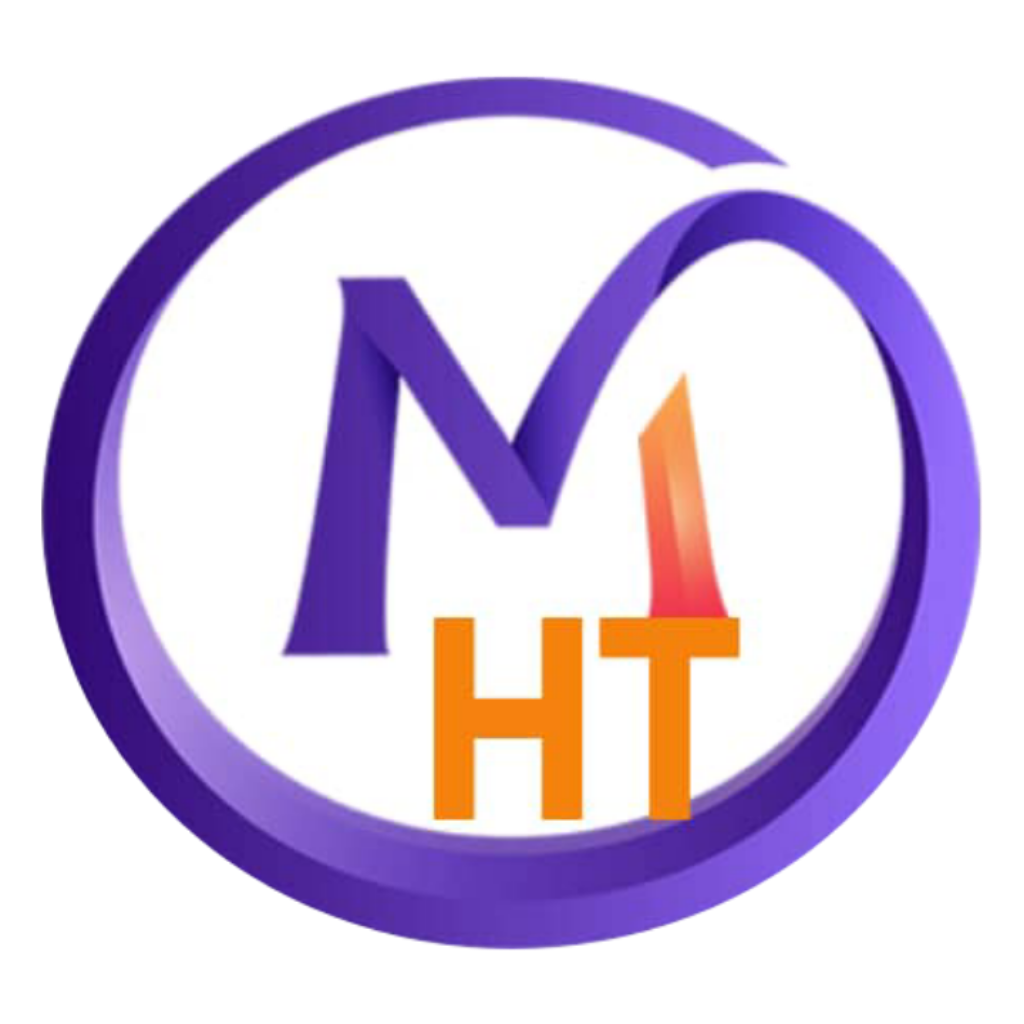Scholarship Application: Common Mistakes to Avoid

Scholarship Application Sabotage: Common Mistakes and How to Avoid Them
The quest for scholarship can be both exciting and challenging. While securing funding for your education is a significant achievement, many applicants unknowingly make mistakes that undermine their chances of success.
This post highlights common scholarship application pitfalls and provides practical advice on how to avoid them, increasing your likelihood of securing the financial aid you need.
Frequent Pitfalls in Scholarship Applications:
- Ignoring Deadlines: This is perhaps the most common and most easily avoidable mistake. Missing deadlines is an automatic disqualification. Treat deadlines as sacrosanct; mark them prominently on your calendar and set reminders well in advance.
- Failing to Tailor Applications: Many applicants make the mistake of using a generic application for multiple scholarships. Scholarship committees want to see that you’ve taken the time to understand their specific mission and criteria. Tailor each application to the specific requirements and focus of the scholarship.
- Poorly Written Essays: The essay is often the most crucial part of a scholarship application. Poorly written essays, riddled with grammatical errors, typos, or lacking clarity, can instantly disqualify an applicant. Proofread meticulously, seek feedback from others, and ensure your essay is well-structured, compelling, and error-free.
- Incomplete Applications: Failing to submit all required documents or information is another common mistake. Carefully review the application requirements and ensure you submit everything requested. Missing even one document can lead to disqualification.
- Lack of Research: Many applicants fail to thoroughly research the scholarship provider and its mission. Demonstrating a genuine understanding of the organization and its values is crucial. Research the organization’s history, goals, and the types of students they typically support.
- Generic Letters of Recommendation: Generic letters of recommendation that could apply to any applicant are ineffective. Request letters that specifically highlight your qualifications and suitability for the particular scholarship. Give your recommenders ample time and provide them with relevant information about the scholarship and your goals.
- Inaccurate or Inflated Information: Providing inaccurate or inflated information in your application is a serious offense and can lead to disqualification. Be truthful and accurate in all aspects of your application.
- Poor Formatting and Presentation: A poorly formatted or presented application can create a negative impression. Ensure your application is clean, well-organized, and easy to read. Use a professional font and consistent formatting.
- Not Proofreading: This cannot be stressed enough. Typos and grammatical errors demonstrate carelessness and lack of attention to detail. Proofread your application multiple times, and ideally, have someone else proofread it as well.
- Failing to Follow Up: After submitting your application, follow up with the scholarship provider to confirm receipt and inquire about the status of your application. This demonstrates your interest and initiative.
Recommendations for Avoiding These Mistakes:
- Create a Master Calendar: Use a calendar or planner to track all important deadlines and required tasks. Set reminders well in advance to avoid missing deadlines.
- Develop a Template but Personalize: Create a template for your scholarship essays and application materials, but personalize each application to reflect the specific requirements and focus of the scholarship.
- Seek Feedback: Ask teachers, counselors, mentors, or friends to review your application materials before submitting them. Their feedback can help you identify areas for improvement.
- Use a Checklist: Create a checklist of all required documents and information to ensure you submit a complete application.
- Start Early: Begin working on your scholarship applications well in advance of the deadlines. This will allow you ample time to research, write, and proofread your materials.
Relevant Resources and Website Links:
- Fastweb: A comprehensive scholarship search engine.
- Scholarships.com: Another popular scholarship search website.
- Peterson’s: Provides information on scholarships and college admissions.
Conclusion: Turning Potential into Reality
Avoiding common scholarship application mistakes is crucial for maximizing your chances of securing funding for your education.
By paying attention to detail, planning effectively, and seeking feedback, you can significantly increase your likelihood of success.
Remember that each application represents an opportunity; make the most of it by presenting yourself in the best possible light. Your hard work and dedication will pay off.



Leave a comment